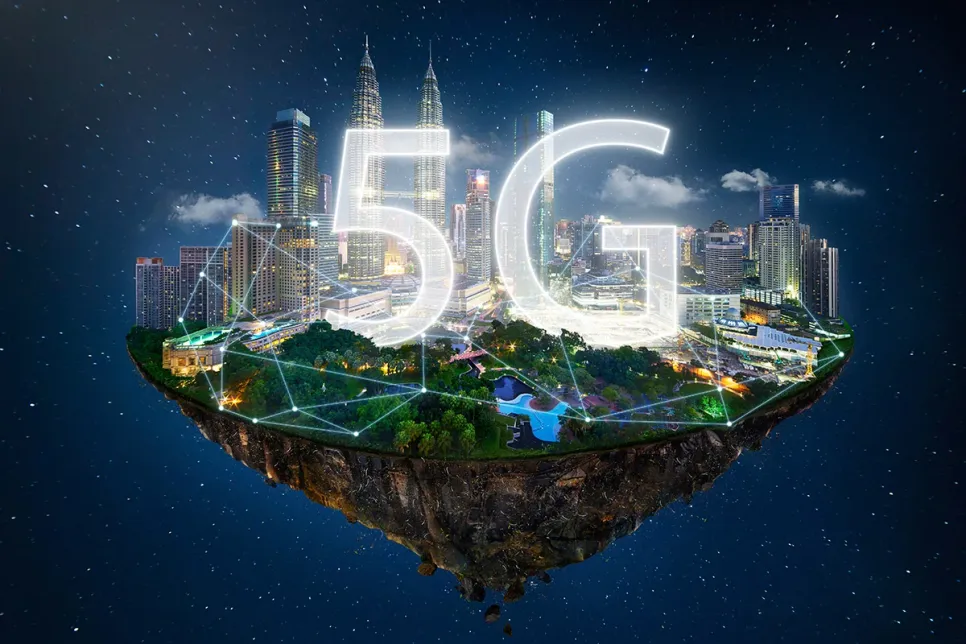PC Market Returns to Growth in 1Q24
Global PC shipments grew around 3% YoY in 1Q24 after eight consecutive quarters of declines due to demand slowdown and inventory correction, according to Counterpoint Research.

An Intel-sponsored study by Juniper Research estimates that smart cities have the potential to “give back“ 125 hours to every resident every year.
Additionally, the study ranks the top 20 smart cities worldwide across four key areas: mobility, health care, public safety and productivity, and reveals how these cities deliver positive outcomes for increased time savings and productivity, increases in health and overall quality of life, and a safer environment.
“Analysts tend to focus on the technical underpinnings of building a data-centric world,“ says Windsor Holden, head of forecasting and consultancy at Juniper Research. “We can’t overlook the importance of the real human benefits that smart cities have. Connected communities, municipal services and processes have a powerful impact on a citizen’s quality of life.“
The study found that Chicago, London, New York, San Francisco and Singapore, are the world’s leading cities integrating IoT technologies and connected services. These cities stand out because of their cohesive efforts to connect city municipalities, businesses and their citizens to address a growing need to improve “livability“ - specifically around mobility (San Francisco and Singapore), public safety (Chicago, New York and Singapore), health care (London and Singapore), and productivity (Chicago, London and Singapore) - as they transition to a smarter, more connected environment.
“Cities are engines of economic activity, and we as an industry need to make them more resilient and responsive,“ says Sameer Sharma, global general manager of smart cities IoT solutions at Intel. “Partnerships between city planners, government officials, private companies, OEMs, software developers and startups are creating smart city ecosystems that will empower citizens while reducing our carbon footprint.“
Many of the IoT technologies identified in the study, including mobility, health and public safety solutions, are already being deployed around the world. Smart cities may be still in the early stages, but based on the activities the study highlights, which are being rapidly implemented worldwide, there’s every reason to believe these examples are just the beginning of what’s possible.